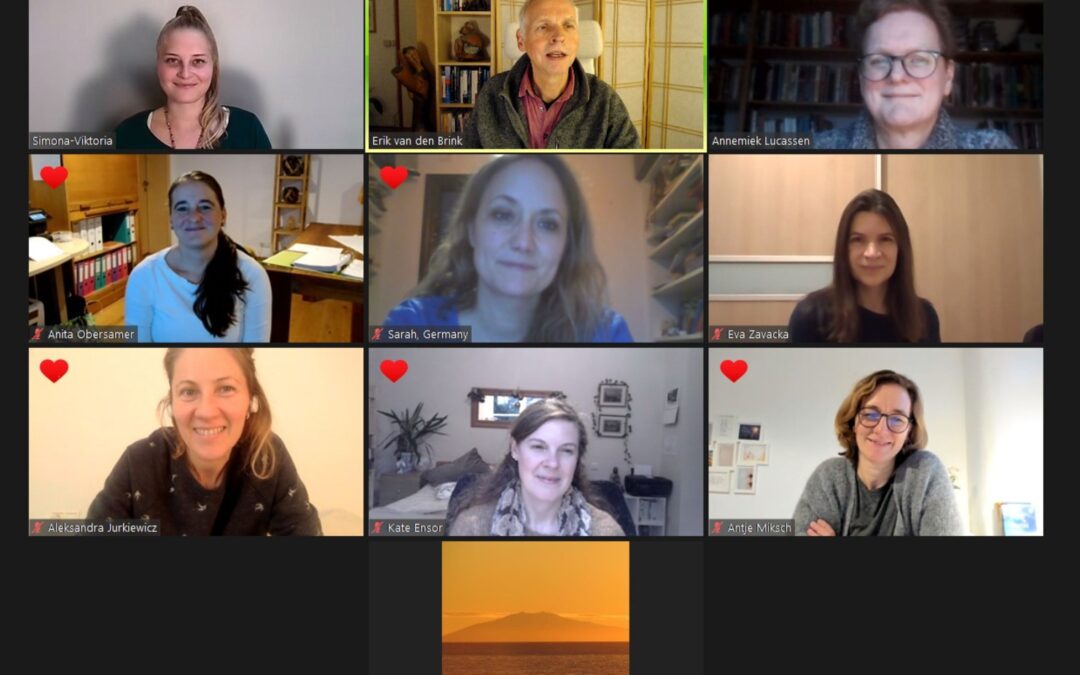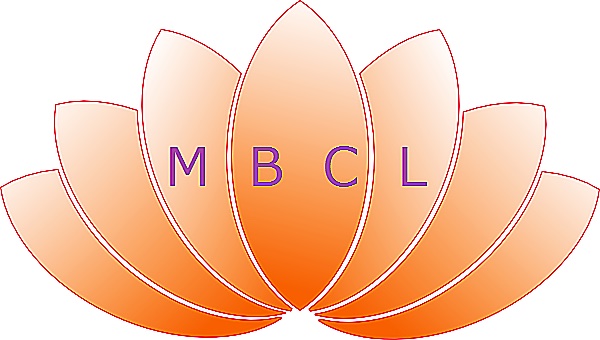
What is MBCL?
MBCL is a recognized 8-week compassion training that enhances mindfulness with compassion, contributing to resilience and health.
The MBCL programme has been developed in 2007 by Erik van den Brink and Frits Koster for those, with basic mindfulness skills, who wish to deepen the wholesome effects of mindfulness with compassion practices.
MBCL intends to cultivate compassion towards ourselves, each other and the world at large and is designed as a follow-on course after participating in a foundational course in mindfulness. This is what distinguishes it from other compassion-trainings, which are designed as stand-alone programs.
Follows the model of the MBSR/MBCT course
Consisting of 8 sessions of 2,5 hours and an extra session in silence, MBCL follows the model of the MBSR/MBCT course. MBCL is particularly suitable for those who find mindfulness practice beneficial but have difficulty integrating it into their daily lives and wish to learn how to deal in a healthy way with pain, stress or suffering.
MBCL is based on a secular, scientific vision on the importance of (self-) compassion for our health and wellbeing – physically, emotionally, and relationally.
Sources
In their development of MBCL the Dutch founders were inspired among others by the work of Paul Gilbert, Christopher Germer and Kristin Neff (pioneers of Western compassion practice and its application in health care), neuroscientist and mindfulness teacher Rick Hanson, the work of the American psychologist and researcher Barbara Fredrickson and the work of the psychologist and meditation teacher Tara Brach.
Two popular compassion trainings in Europe
In Europe there are two popular compassion trainings: Mindfulness-Based Compassionate Living (MBCL) and Mindful Self Compassion (MSC).
What is compassion?
Compassion is the ability to be sensitive to suffering in ourselves and others, and is accompanied by the willingness and courage to do something about it.
Compassion has a transpersonal quality, for it involves the willingness to alleviate and prevent suffering – regardless of who the (potential) sufferer is. So when we speak of compassion, we bear in mind, that it does not exclude anyone. It includes self-compassion as well as compassion for all our fellow beings, for nature and for our planet earth.
Compassion is not about being overinvolved with others at the expense of ourselves. Neither about wallowing in self-pity whilst neglecting others. It is about finding a way to care for ourselves and for others in a balanced way.
Compassion is a human capacity, present in all of us, which did not always have the chance to blossom. Fortunately, the ability to respond compassionately to pain and suffering in ourselves and others can grow with practice, which is precisely what the Mindfulness-Based Compassionate Living (MBCL) programme wishes to offer.
Applications have grown
Initially MBCL was developed in mental healthcare and offered to clients with various psychological problems. Soon, the benefits for health care professionals themselves became clear.
Meanwhile, MBCL’s applications have grown, not only in healthcare, but also in education, the workplace, management and spiritual care, wherever people wish to learn ways to alleviate and prevent stress, pain and suffering and lead healthier en happier lives.
Recognized as a Mindfulness-Based Programme (MBP)
In 2022 MBCL celebrated a milestone of recognition as a Mindfulness-Based Programme (MBP) by two leading European Mindfulness Associations: the Britisch Association of Mindfulness-Based Approaches (BAMBA), and the Dutch Vereniging Mindfulness Based Trainers Nederland (VMBN).
Both associations unanimously followed the MBP-Taskforce’s approval of MBCL as a ‘normal dose follow-up MBP´ for graduates of MBSR, MBCT or equivalent. ‘Normal dose follow-up MBP´ means, that MBCL is a complete deepening programme following the format of MBSR and MBCT.
In 2023 the European Association for Mindfulness-Based Approaches (EAMBA) followed the track of BAMBA and VMBN and equally acknowledged MBCL as a Mindfulness-Based Programme (MBP), according to internationally accepted criteria.
For whom is MBCL intended?
- Have you noticed that you benefit from mindfulness exercises, but find it difficult to integrate them into your daily life?
- Do insights often stay in your head without becoming part of your life (“I understand, but I don’t feel it”)?
- Do you suffer from persistent patterns of self-criticism, withdrawing or overcharging yourself?
- Do you find it difficult to find a healthy balance between taking care of others and taking care of yourself?
- Do you feel vulnerable or burdened by life circumstances – for example regarding your physical or emotional health, your family, relationships or social situation?
If the answer to one or more of these questions is affirmative, then MBCL can be a valuable gift to yourself.
Moreover, MBCL can be of value to anyone motivated to deepen their mindfulness practice with explicit practices in kindness and compassion contributing to the wellbeing of ourselves, each other and the planet at large.
MBCL welcomes people in all their diversity regardless of their gender or their ethnic, cultural or religious background.
MBCL Blog

How to forgive yourself and others – Mindfulness-Based Training in Forgiveness
As human beings, we all sometimes find it difficult to understand and accept things that have gone wrong – either by ourselves or by others. We may then dwell in blaming, resentment or bitterness, and we usually do not become happier as a result. The meaning and value...

International Online MBCL Teacher Training 2023
"May there be kindness in your gaze when you look within." - John O´Donohue This line from John O’Donohue’s poem "For Belonging’"can perhaps be an inspiration for us all, for the year ahead. The poem was read at the end of the online Teacher Training in...

Act kindly – A book in Dutch about compassion training for children
In the world we live in today, kindness and compassion are qualities that are easily overwhelmed by the harshness we can meet in ourselves and in the world around us. However as science has confirmed, kindness and compassion are very important contributors to...
